Review of Ghana’s water resources: the quality and management with particular focus on freshwater resources
Abstract
Freshwater resources are continually decreasing in quality and quantity. Approximately, 1% of this freshwater is accessible in lakes, river channels and underground for domestic use.
The study reviewed literature on water resources with focus on freshwater, the quality of our freshwater in terms of physical, chemical and biological variables, the main mechanisms of management, and the challenges associated with these mechanisms as well as blending integrated water management with the indigenous or traditional management of water resources for sustainable development and peaceful co-existence.
Also the review offered potent recommendations for policy makers to consider sustainable management of freshwater resources.
A total of 95 articles were downloaded from Google scholar in water-related issues.
The search took place from June to September 2017, and research articles from 1998 to 2018 were reviewed.
Basically Ghana is made up of three discharge or outlet systems, namely the Coastal River Systems which is the least and Volta constituting the largest and with the South-Western been the intermediate.
Also, freshwater resources usage can be put into two main categories, namely ex situ (withdrawal use) and in situ or in-stream use, and could also be referred to as the consumptive and non-consumptive use, respectively. With the exception of localised pollution engineered by illegal mining and other nuisance perpetuated by indigenes, the quality of water (surface and groundwater) in Ghana is generally better.
The review outlined high microbial contamination of water as almost all surface waters are contaminated with either E. coli, faecal coliforms or total coliforms or all. However, these contaminations were more prevalent in surface water than groundwater.
Keywords Freshwater · Ghana · IWRM · Water quality · Water use

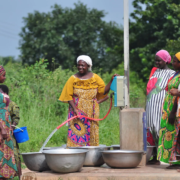 AFWASA
AFWASA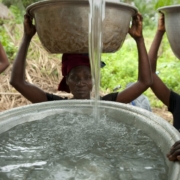 AFWASA
AFWASA AFWASA
AFWASA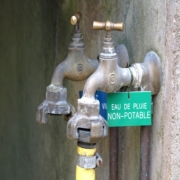 AAEA
AAEA AFWASA
AFWASA AFWASA
AFWASA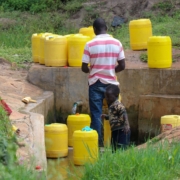 AFWASA
AFWASA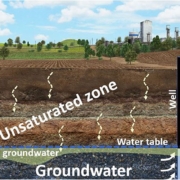 AFWASA
AFWASA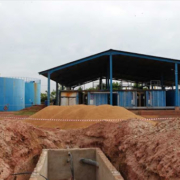 AAEA
AAEA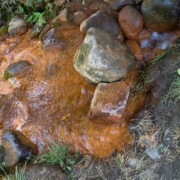 AAEA
AAEA